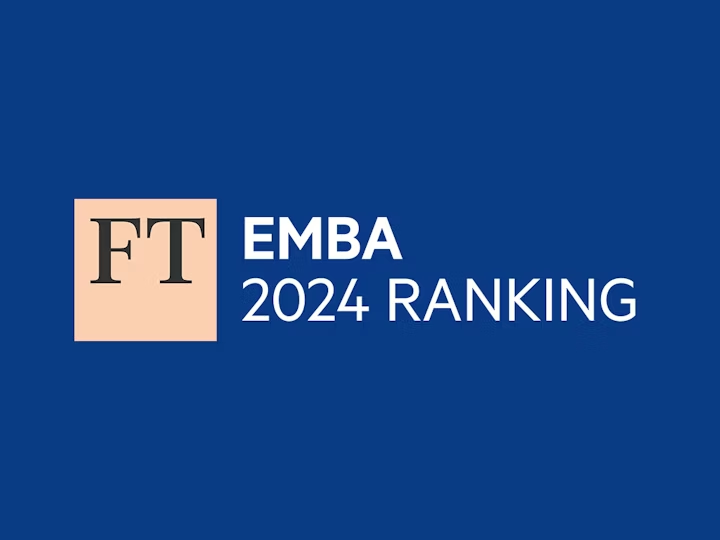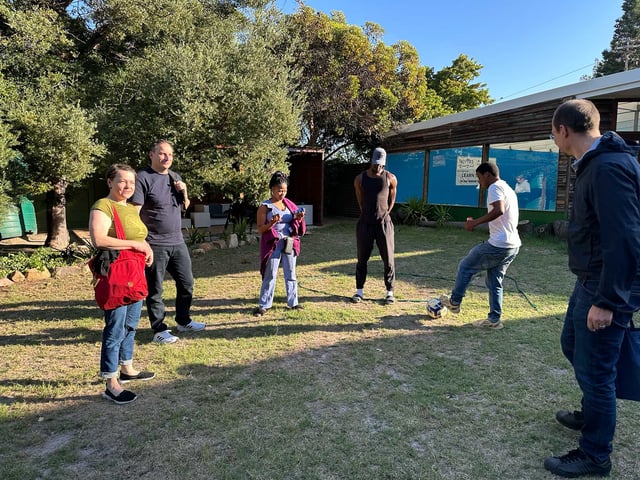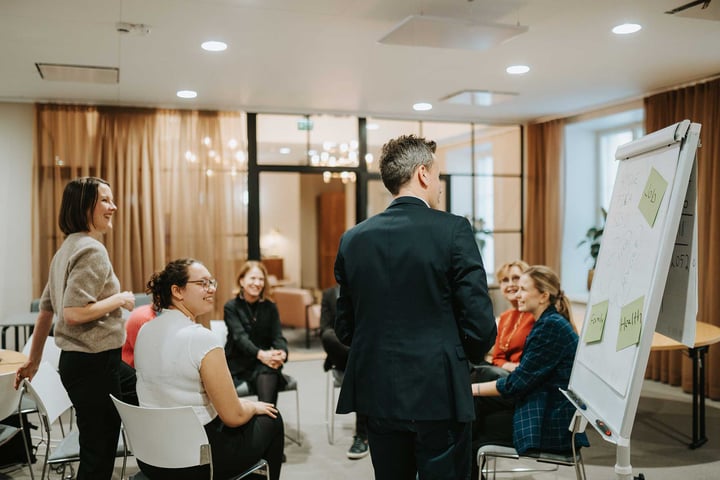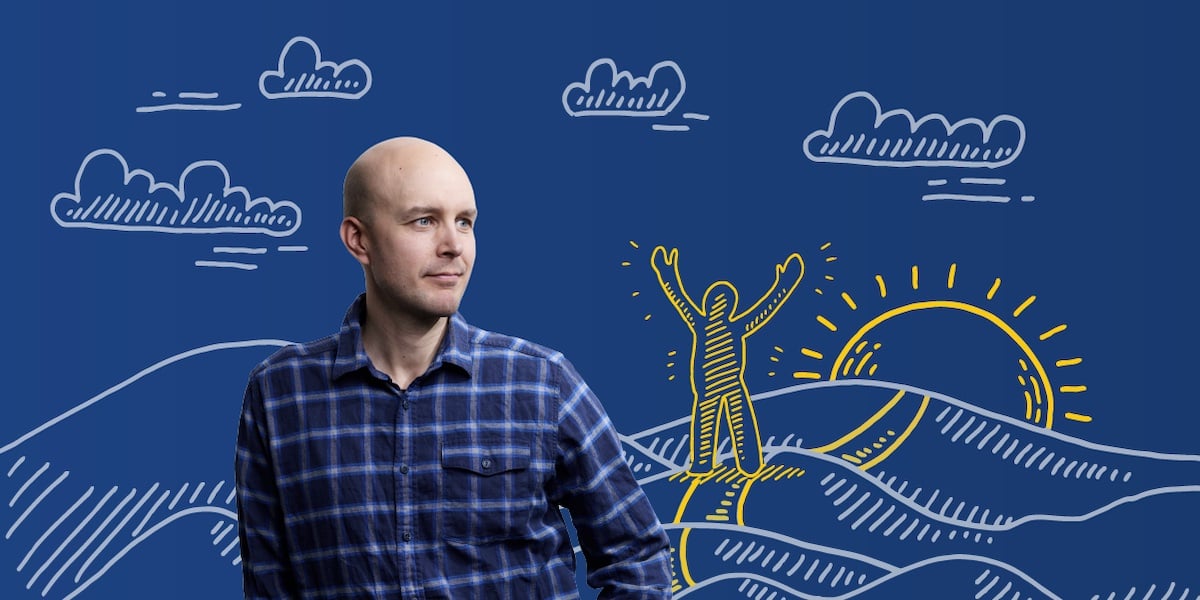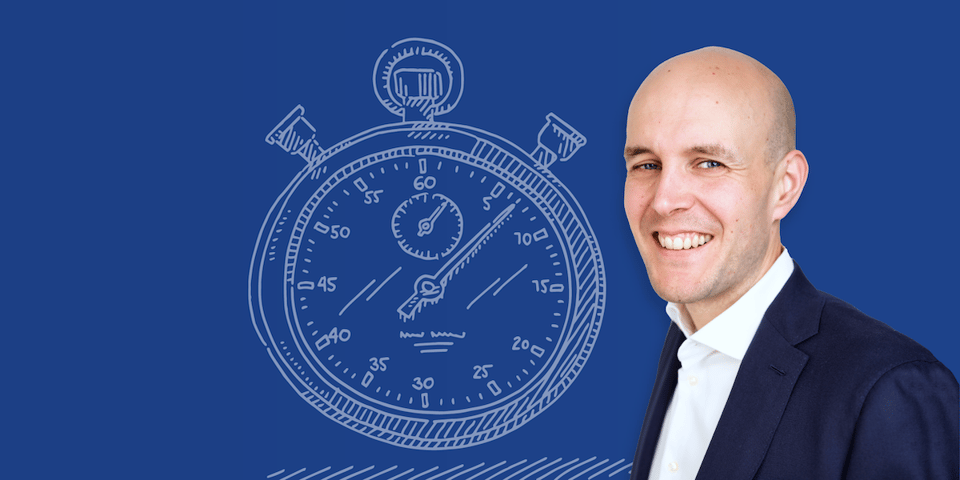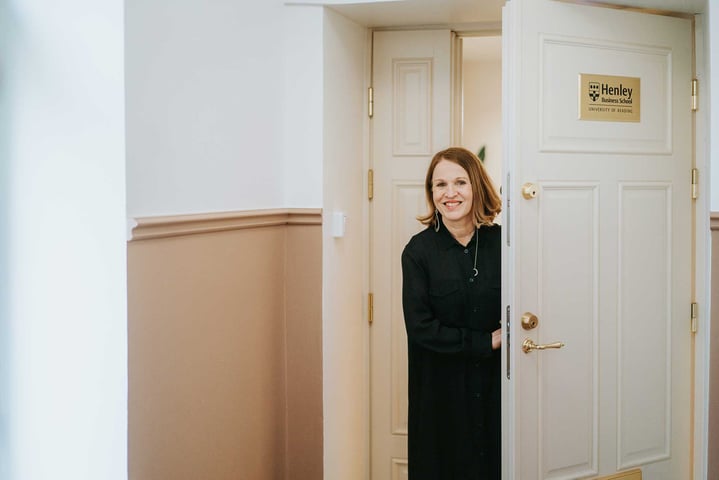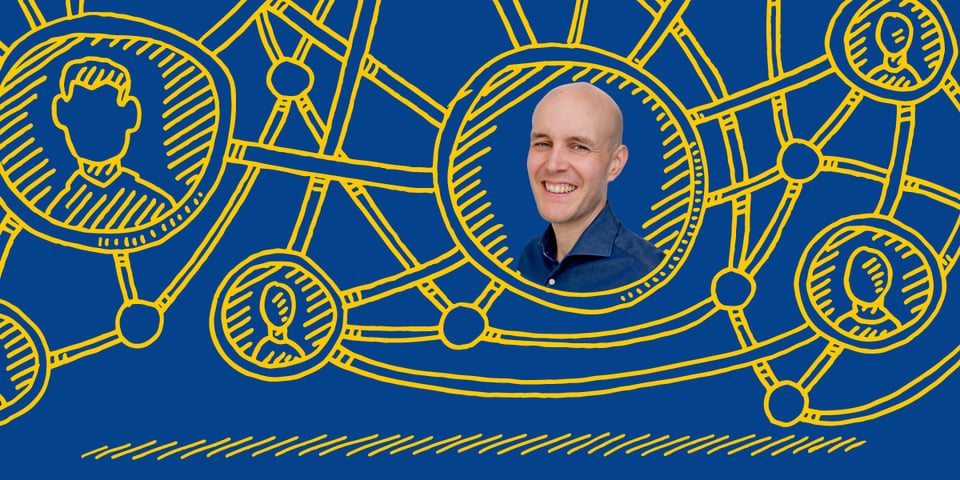One of things that sets the Henley Executive MBA (EMBA) – Global apart from other postgraduate programmes is the strong emphasis on personal development. It feels great to systematically take time for personal reflection that is not focused on work objectives, but rather on balancing my personal needs with the external demands I’m facing. Identifying and resolving matters that stop you from being a better person are an integral part of the path of any leader who wants to develop.
My personal experience is that personal development takes time. In that sense, it is good that the personal development module of the EMBA – Global is spread across the two-year journey. The topics discussed and reflected on gradually evolve and become more challenging. First, we were challenged to develop our self-awareness. Then, we were challenged to take care of ourselves. And, at this point of the studies, we are challenged to take ownership and fully commit to personal development.
This September, we had our third personal development workshop in Helsinki, followed by a reflective written assignment that we needed to submit by November. The workshop was run by Dr Chris Dalton who is among the most inspiring personalities within the Henley faculty.
During the workshop, we were challenged to look at the anchors that shape the path of our careers and the decisions we take during different transition periods. My two biggest career anchors were ”autonomy” and ”lifestyle”. Autonomy means doing things my own way, flexibly and freely. Lifestyle, in turn, is about integrating all the parts of my home life with my career. I can recognise and appreciate how these two anchors have shaped my career. As an entrepreneur, I get to decide what I do, when I do it and who I work with. And, I frequently prioritise family matters over work commitments.
The key personal development topic for the second stage of the EMBA – Global is ”taking ownership”. This means that we need to commit to development. We cannot simply demonstrate self-awareness, but actually need to take initiative in becoming a better person.
In the previous personal development assignment, I chose the following four actions as ways to improve balance between work, home life and study during stage 2 of the EMBA:
- Having a proper 5-to-6 week summer holiday in July/August 2022
- Re-introducing full recovery weekdays (Fridays) into my weekly schedule
- Raising prices in my own consultancy business to reduce demand (and workload)
- Completely stop using alcohol to reduce its negative side effects (weight gain, sleep difficulties)
Out of these four, I have been able to fulfill three. The only one which did not happen was the re-introduction of full recovery days (Fridays) into weekly schedules. I have, however, had several weekdays each month without any specific work tasks or commitments, allowing me to get some of the much-needed rest and recovery. The effect of these changes has been positive, but not sufficient. I need to be even more decisive about my priorities in the future to ensure sufficient recovery and mental health.
At the moment, what is mostly challenging the balance between work, home life and study are financial struggles. As an entrepreneur it is difficult to work less when I know that I will need all the money I can make to pay off debts and to pay for the necessary renovations in our house.
To reach a better peace of mind, I will need to challenge myself to question whether all the expenses are necessary and whether there are other ways in which I could finance the necessary investments – at least for the duration of my EMBA studies. Maybe after completing this degree, I will again have more time to work on things that will bring additional money to the table.
The final question we needed to answer in the recent personal development assignment was ”How do you take care of yourself during stage 3 of the EMBA studies?”.
After a careful reflection, I chose the following activities:
- Moderating physical exercise and focusing on activities that bring joy
- Prioritising rest and recovery by skipping or postponing less important tasks
- Using the coaching meetings included in the EMBA programme to get external support for prioritisation and reality checking
- Actively seeking for professional support if experiencing any signs of mental health problems, such as sleep difficulties or feelings of hopelessness
In conclusion, my main finding from this reflection is that by taking care of my own needs in general, and mental health in particular, it is also much easier to actively work towards becoming a better person and, hopefully, also a better leader.
You can follow my EMBA journey through weekly updates with the hashtag #JuhoGoesEMBA on LinkedIn.
If you would like to learn more about the Henley EMBA:
